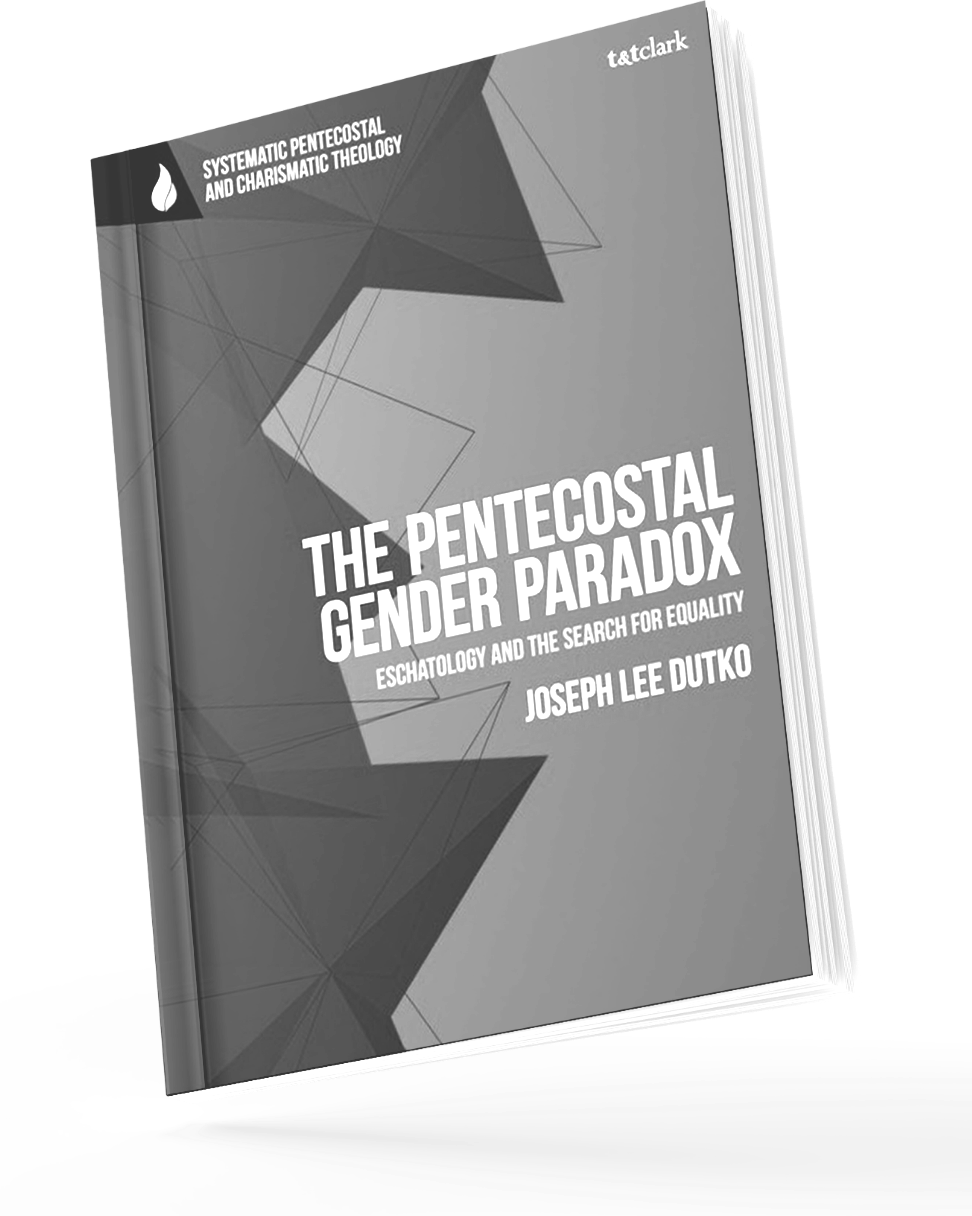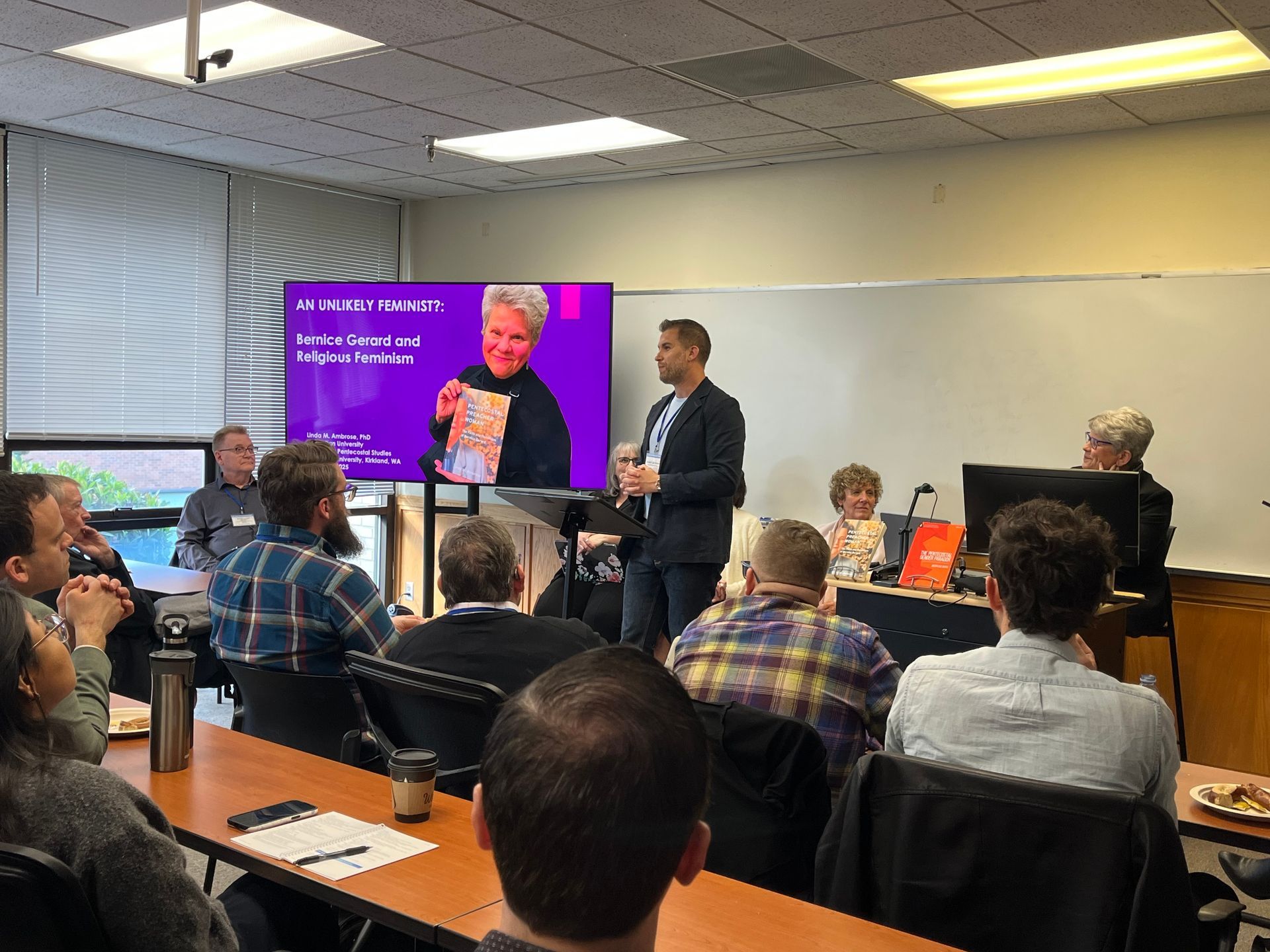3 Questions to Ask About Our Preaching
Keeping the Focus on Christ Crucified
As a part of our 1 Corinthians series at our church, I recently preached on how to test the testimony of teachers/preachers, out of 1 Cor 2:1-5. That message was more about how parishioners can assess the teachings they're hearing and receiving.
But how can pastors test their own messages? I've slightly edited portions of that 2 Cor 2:1-5 message to answer that question for pastors and teachers.
1. What is my message calling people to?
Just like the Corinthians and the eloquent orators and entertainers of the day, we’re often drawn to entertain people more than call them to a crucified life.
Much like in Corinth, people often listen to the loudest voices or hold strong allegiances to their favourite Christian personality. They subscribe to someone’s YouTube channel, and the messages are cunning and sound convincing, but there’s no real substance to them and there’s certainly no call to Christ crucified.
What are we calling people to? Outrage, anger, or arrogance? Or the humility of Jesus?
Are we entertaining people or challenging them to live more in line with a life that resembles Christ crucified?
When it becomes more about the person speaking than what they’re speaking about, the testimony about God is compromised (see 1 Corinthians 2:1).
2. What is attracting people to my preaching?
People in Corinth were attracted to messages that tickled their ears and to people that entertained them. And Paul was feeling like his message of Christ crucified that he brought in weakness and fear and trembling was being pushed aside because it didn’t have enough flair, wasn’t fancy enough, wasn’t delivered in the right way, didn’t excite people quite enough, didn’t get the same applause or as many "Amens!"
Jesus Christ and him crucified will never be a wildly popular message that wins over a bunch of crowds or goes viral on social media. And because of that Christians with agendas that aren’t centred on the cross will always try to make Christianity about something else in order to win over the crowds of people.
"Jesus Christ and him crucified will never be a wildly popular message that wins over a bunch of crowds or goes viral on social media."
Staying faithful to Jesus and him crucified may not attract large crowds or give you a "platform" online.
In Corinth, there were persuasive teachers who knew how to appeal to the masses but whose message was deceiving and put the spotlight on themselves, their agenda, rather than on Jesus and him crucified.
And that’s the ultimate test. Is this message or teaching putting the spotlight on Jesus or something or someone else (i.e., myself!)?
This is why I believe so strongly in the local church and its importance, otherwise we leave Christianity in the hands of entertainers and celebrities, the appeal to the masses.
But true and humble Christianity won’t always be trendy or flashy. We’re not here to perform for an audience, we are fellow parts of the body.
And one thing we’ve hopefully learned with the rise and fall of so many Christian leaders over the past decades is that Celebrity Christianity has not worked; it’s been a big failure.
This is one reason a preaching team model is so important if possible, so that one person’s status or even influence doesn’t get too elevated in a church.
I love it when someone’s been at our church for several months and they just think I’m the youth pastor who speaks every once in a while. I think that’s great!
The last way to test ourselves and what we’re preaching:
3. Are we giving people information or transformation?
"My message and my preaching were not with wise and persuasive words, but with a demonstration of the Spirit’s power, so that your faith might not rest on human wisdom, but on God’s power."
Paul’s basically saying, “it’s not about saying all the right things in the right way, it’s about lives being transformed.”
So we might ask “is this message just entertaining others, giving them information in a way that keeps their attention, or is it calling them to a life of holiness and transformation?”
When do people get hurt in the church or led astray? When they put too much faith in a human being, one person, and Paul refuses to let that happen.
Something we often pray in pre-service prayer or talk about is that we don’t care if people come to our church and don’t remember the church’s name or our names as pastors. What we want them to remember is that this is a place they encountered the power of God.
Instead of people in your congregation asking “what did you think of the message?” or “what did you think of the service?” (which is more about the person speaking, the presentation, a consumer mentality), teach them to ask “what do you feel God is saying to you through today’s message or service?” or “where do you feel God working in your life?”
Instead of people asking "What did you think of the message" teach them to ask "What do you feel God is saying to you through today's message?"
You see how one question is more human-centred or passive and the other is more God-centred and active; one more just about information, the other about transformation.
We don’t want people to leave saying “what a great service" or "what a great message” we want people to leave saying “what a great God! What a wonderful Saviour!” where they might not remember who spoke, who led the music, but just that they encountered the living God.
Here’s our desire at Oceanside and what I hope and pray for, that if someone says to one of our parishioners, “Why do you go to church at Oceanside?” they don’t say “I love the preaching” or “I really like the music.” It’s okay if those things are true, but our goal is that they would say “I go there because I sense the presence of Jesus. I’m transformed there and so are others.”
WATCH THE ENTIRE MESSAGE:
NEWSLETTER SIGNUP (blog post layout)
ABOUT JOSEPH
Pastor, Author, and sometimes pretends to be a Scholar
Joseph (PhD, University of Birmingham) is the author of The Pentecostal Gender Paradox: Eschatology and the Search for Equality.
Since 2015, he and his wife have together pastored Oceanside Community Church on Vancouver Island, where they live with their four children.










